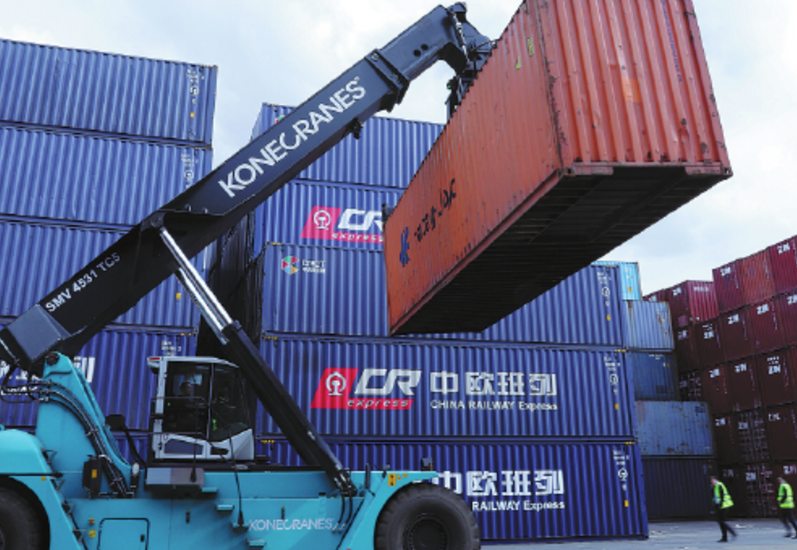China and EU commit to their common duty: China Daily editorial


Now that the US president has openly labeled the European Union “a foe” of his country, like he has Russia and China, it is difficult to predict how far he is willing to go in pursuit of his “America First” agenda.
With the flames of trade friction spreading from the Americas to Asia and now to Europe, it is increasingly explicit that the US president does not mind upending the global trade order in his crusade for US preeminence. And this lends special significance to the consensus reached by Chinese and European Union leaders in Beijing on Monday that they will work together to preserve multilateralism and free trade.
Having been engulfed by the last century’s two devastating world wars, European nations are justified in worrying that the trade confrontation initiated by the Donald Trump administration has the potential to mutate into violent “conflict and chaos”.
“It is the common duty of Europe and China, but also America and Russia, not to destroy (the global trade order) but to improve it, not to start trade wars which have turned into hot conflicts so often in our history,” said European Council President Donald Tusk.
He is right. The unilateral, protectionist, and hegemonic approach the White House has embraced will only acerbate trade ties, dismember the global market with tariff barriers, and sow the seeds of animosity that may grow into greater conflict. The ongoing tariffs tit-for-tat between Beijing and Washington, for one, is increasingly seen as a harbinger of a broader standoff.
That Beijing has moved spontaneously to balance trade ties, lower tariffs and offer broader market access amid the trade brawl with Washington carries the message that it is genuinely committed to an open, unified global market and freer, fairer trade.
In the same spirit, it pledged on Monday to engage in open, transparent trade, to push for reform and improvement of the World Trade Organization, and to punish intellectual property rights violations.
“Make violators with malicious motives lose their family fortune” was the harshest utterance ever made by Beijing in this regard. Better yet, Beijing announced that stemming intellectual property theft is essential to indigenous innovation.
The China-EU Leaders’ Meeting was a fresh example of what difference a constructive approach can make. The escalating trade tensions with the two sides fomented by the US, on the other hand, highlight the destructive potential of going it alone.


































